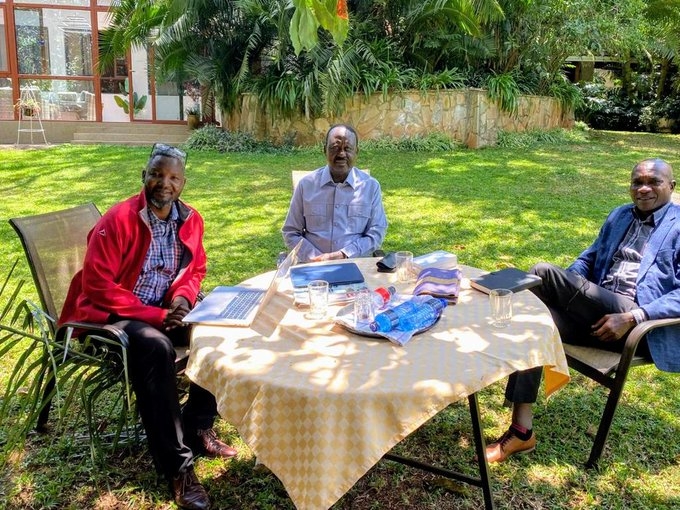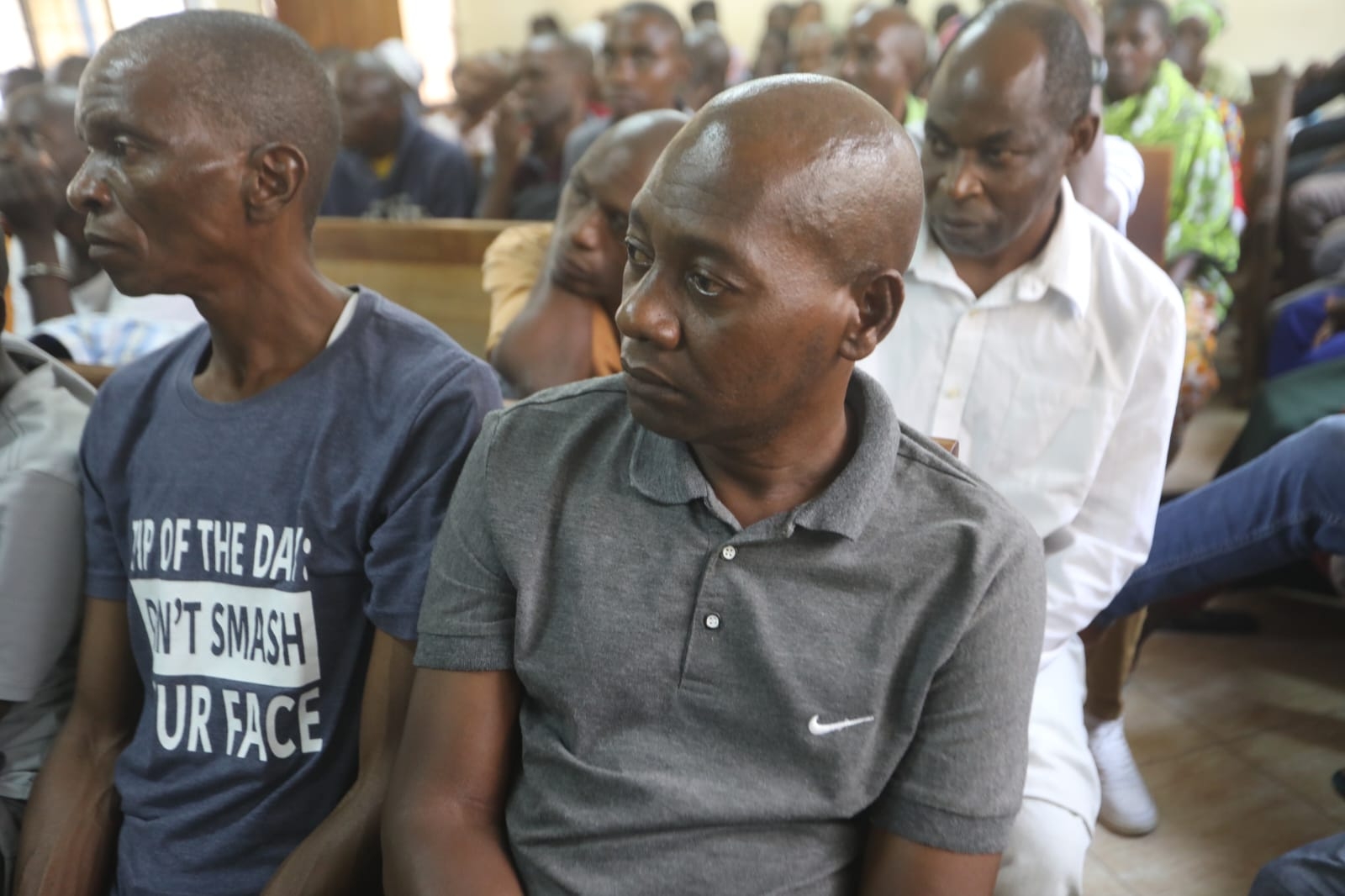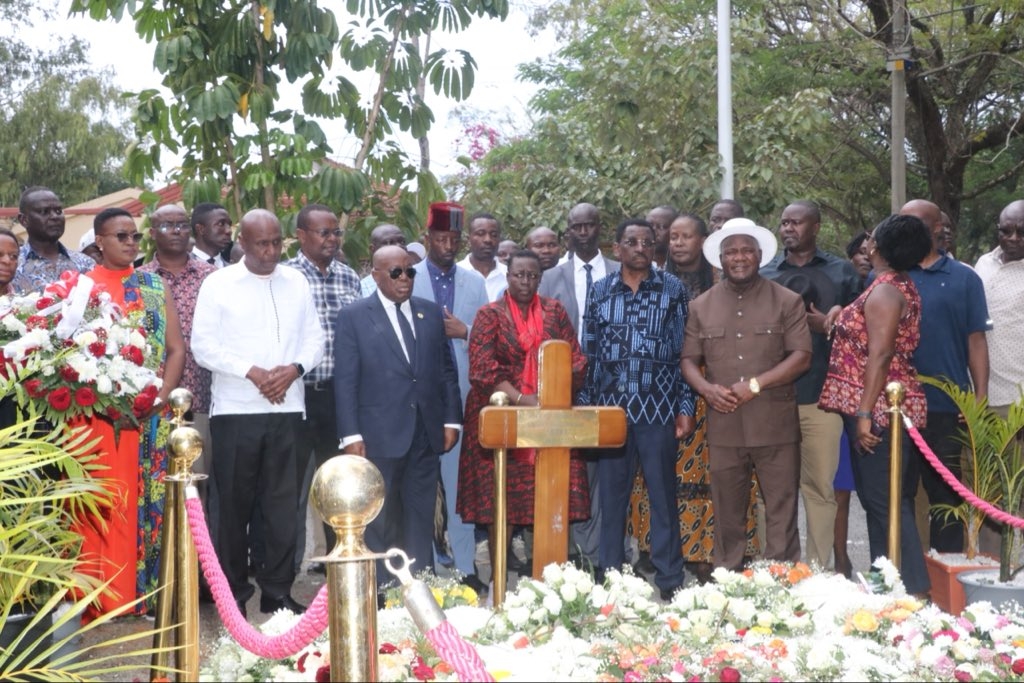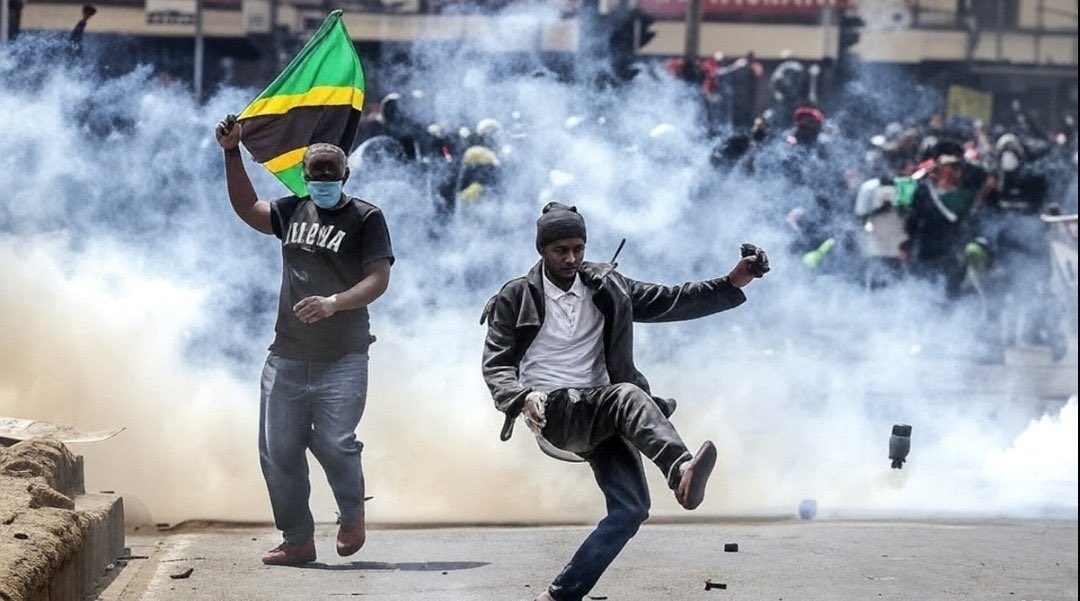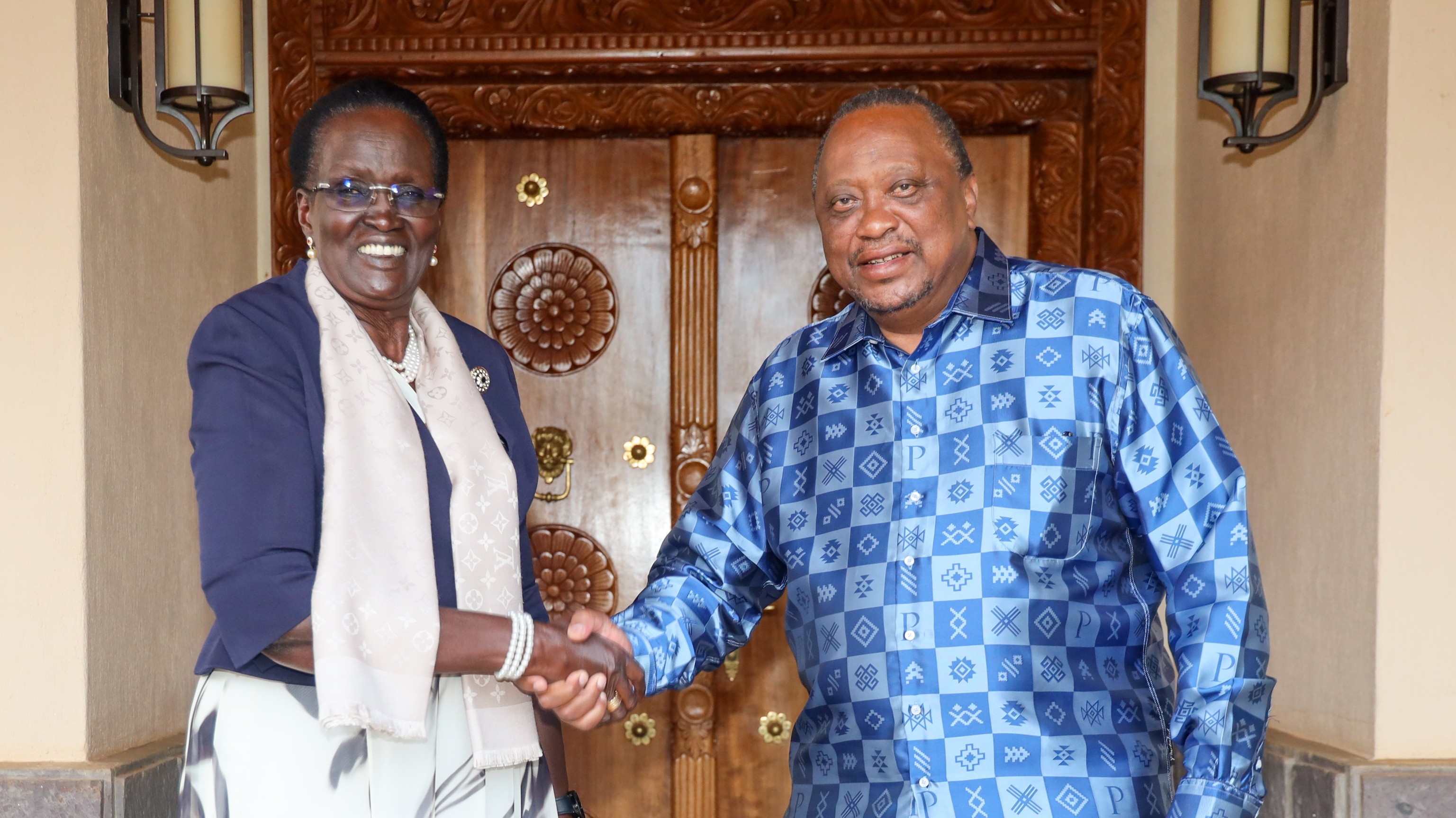What’s happening to local talent? Over the weekend, Kennedy Odhiambo, popularly known as Crazy Kennar, spoke out through his social media handles that he is currently battling depression.
Many at times it is a shocker to most people, when those in the entertainment industry get depressed. To most, they should be happy enough to solve their own issues, but the truth is that this monster called depression can get anyone, and triggered by anything.
Crazy Kennar, despite his previous success in the comedy industry, is at least bold enough to come out, and speak of this sad situation that many in his industry face.
Just like comedians, a good number of musicians in Kenya are also suffering the same fate.
Rosemary Wahu Kagwi, popularly known as ‘Wahu’, and Lawrence Macharia, also known as ‘Terence Creative,’ even made a skit with a very interesting but deep message ‘hauna hela, hauna talanta’. This loosely translates to being dismissed over the talent you have, and that money can buy everything, thus if you don’t have both, according to the circumstances in the industry today, then you are doomed.
The skit was basically on the hardship that artists face in the country in the hands of those that are are supposed to promote them. Wahu, among other Kenyan celebrities, was a committee member in the recently dropped Talanta Hela Council.
Talanta Hela, and thereafter the Talanta Hela Council, was an initiative by Sports CS Ababu Namwamba to help mitigate the challenges those in the entertainment industry face, and ultimately monetise sports and creative talents. Ideally, this initiative should have helped propel artists to their best possible limits.
Despite the Talanta Hela initiative being there, the council is not, and whether the council would have been a success or not, will never be known, but with the right committee and strategies, it would have been a win win relationship between the Government and the artists.
A good number of our artists are over the years getting into depression and other stress-related illnesses, and they end up going down or quitting what they have worked so hard for.
But what is the biggest elephant in the room? I always think to myself, and so many other Kenyans would agree with me, is it possible for our artists — musicians, actors and even comedians reach to the level of our Nigerian brothers and sisters in their entertainment industry? And what might they be doing right?
Locally, one can't help but notice the airplay Nigerian afrobeats is given on our radio and TV stations. In fact, Kenyan children sing and dance along to it more than our local music. A child seated next to me in a matatu recently sung along to all the lyrics of the song Calm Down by Nigerian Rema and American Selena Gomez.
The song has around 535 million views, and growing on Youtube. The song is almost a year old, still at the top of the charts and still rising. Internationally, Nigerian afrobeats has become a huge sensation in airport shops, coffee shops, discotheques and many other public places across the world.
Billboards with Nigerian stars are everywhere, they are in adverts all over, their music is being played in events, internationally, from huge popular events and concerts, to small events such as weddings.
Besides Africans, it is no longer shocking to hear an Asian, American or European humming to Nigerian beats. They are just winning, a recipe a good enough to combat stress and motivate upcoming musicians in their country and across the continent.
So much is afrobeat loved that in June, American-based Nigerian sensation Damini Ebunoluwa Ogulu, popularly known as Burna Boy famed for his song ‘Last Last’, led the 2023 UEFA champions league final kick off show by Pepsi in Istanbul, Turkey.
Just like Burna Boy, many other Nigerian sensations are being considered for huge performances and big collaborations across the continent and the globe. In other words they are thriving, and people are genuinely enjoying their talents.
In as much as we have challenges in our entertainment industry, our entertainers, specifically musicians and comedians, are doing their best. They probably just need to give their talents an international feel. What they need to ask themselves is how they can borrow a leaf from our Nigerian brothers and sisters.
This can be through improving their content, and through tough but achievable ideas such more collaborations with them or even through using their promoters. Back home Talanta Hela can also see how to use the ideas that they have put in place to give Kenyan personalities a place on the international table.
Part-time lecturer and communications researcher


